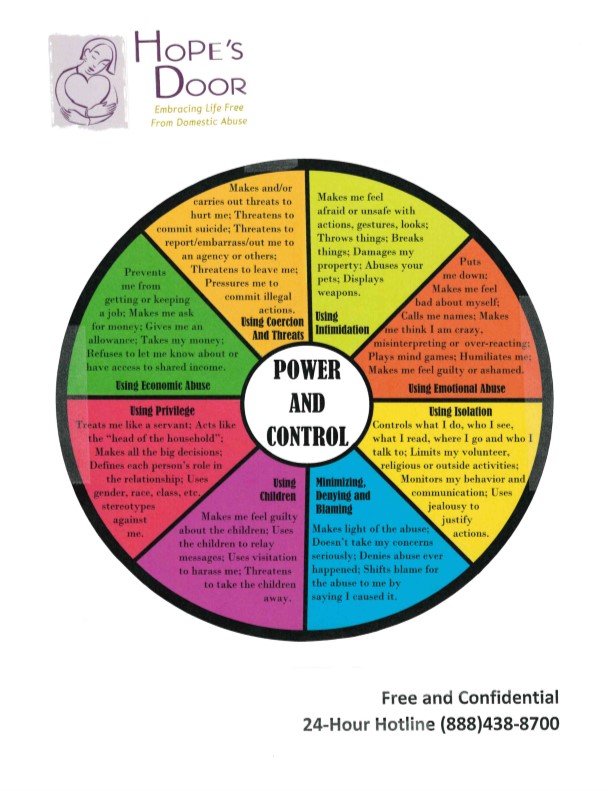Offering shelter to victims of domestic violence and abuse

“Why don’t you just leave?” This may be one of the most common questions that victims of domestic violence hear. Even the most loving and supportive people in the victim’s life can be uninformed about the dangers of leaving an abusive relationship. While leaving can potentially offer a new beginning, it can also put the victim at a much greater risk.
Domestic violence is the use of a pattern of coercive tactics by one person to maintain power and control over another. When a victim plans to leave an abusive relationship, they are beginning to take back control of their lives and thus posing a threat to the abusive partner’s need for complete power and control. Abusers repeatedly go to extreme lengths to prevent a victim from leaving the relationship, or use every tactic possible to continue the abuse once the relationship ends.
Domestic violence happens over a period of time — fear and self-doubt are gradually instilled into the victim. Someone’s reasoning for staying in an abusive relationship can be extremely complex because of uncertainties and unknowns. In most cases, a victim’s hesitancy to leave is based on the reality that their abuser will follow through on the constant, never-ending threats made to keep the victim trapped in the relationship. Aside from outright danger or fear of escalating violence, many other factors affect an individual’s ability to leave:
- Unsupportive family or friends
- Lack of finances or financial support
- Religious or cultural constraints
- Children
- Mistrust of the legal system and law enforcement
- Lack of housing or shelter
- Medical constraints
- Gender identity/sexual orientation
- Immigration status
- Hope that things will change
- Love
- Isolation from support systems
Leaving is the most dangerous time. It is important to remember that a victim knows their abuser best, and their safety concerns should be taken seriously, not minimized. Taking time to consider the many risk factors of leaving an abusive relationship may help illuminate why many victims will not, and sometimes cannot, just walk away. Leaving is a process, not an event. Often times, a victim may want to leave but they do not know how, and simply offering support and words of encouragement for someone in an abusive relationship can make a lasting impact.





